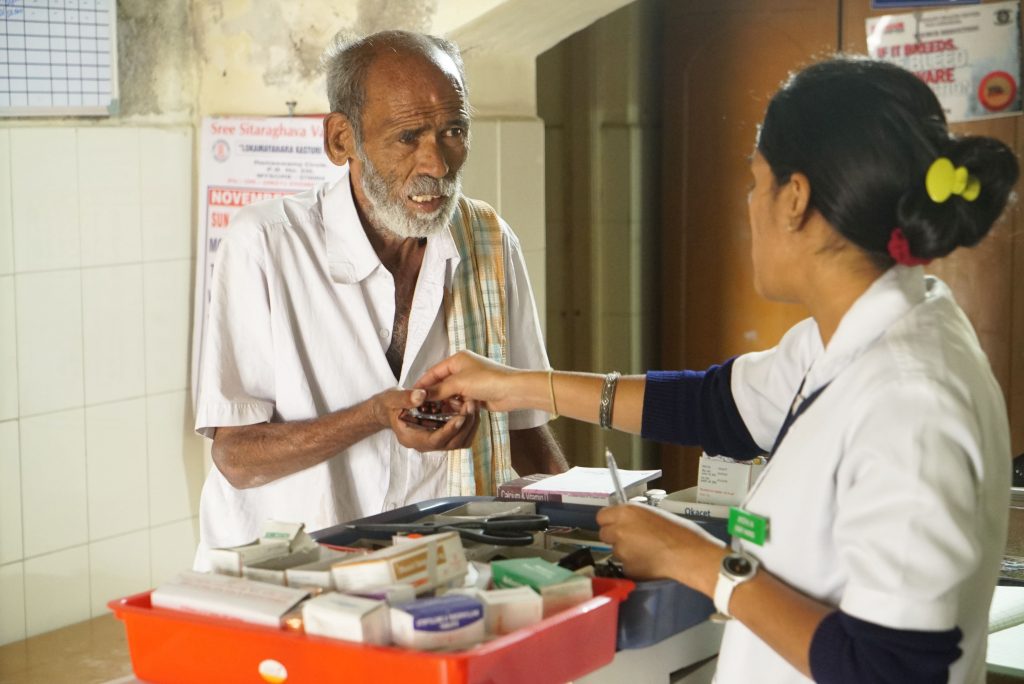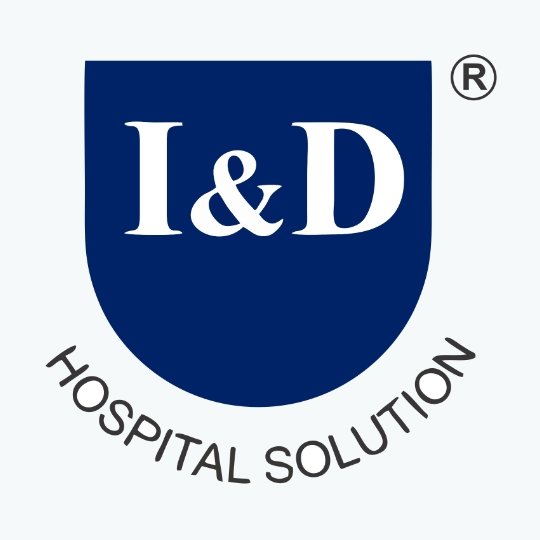Indian Healthcare System

India includes a large health care system; however, there stay several variations in quality between rural and concrete areas furthermore as between public and personal health care. Despite this, India could be a well-liked destination for medical tourists, given the comparatively low prices and top quality of its non-public hospitals. International students in India ought to expect to trust non-public hospitals for advanced treatment.
The public health sector encompasses 18% of total outpatient care and 44% of total inpatient care. Middle and social class people tend to use public health care but those with a lower customary of living. Additionally, women and therefore the elderly are additional seemingly to use public services. The general public health care system was originally developed to supply a method to tending access no matter socioeconomic standing. However, reliance on public and personal attention sectors varies considerably between states. Many reasons are cited for looking forward to the personal instead of public sector; the main reason at the national level is poor quality of care within the public sector, with quite fifty seven of households inform to the current because the reason for a preference for personal health care. Most of the general public aid caters to the agricultural areas; and also the poor quality arises from the reluctance of experienced aid suppliers to go to the agricultural areas. Other major reasons are distance of the general public sector facility, long wait times, and inconvenient hours of operation.
Structure of healthcare system
The healthcare infrastructure in India consists of primary, secondary, and tertiary health care. The healthcare at these levels is provided by both public and private health care providers. However, nowadays there is an increasing role of private healthcare providers in providing care to the care seekers.
Primary Healthcare
Primary Health Center facilities also play a vital role in people’s health standard. Primary health centers (PHCs) are generally the first point of contact between health seekers and health staff. Its main objective is to provide a patient with local care because primary care experts are ordinary generalists, deal with a wide spectrum of psychological, physical and social issues, etc., rather than experts in any specific disease region. Primary care facilities are growing quickly in both developed and developing nations, based on the growing amount of adolescents at increased risk for chronic non-communicable diseases such as diabetes, asthma, back pain, hypertension, anxiety, depression, etc. In rural areas, PHCs are the nearest advanced health care centers where rural people get health care. All PHCs provide outpatient services; at least a majority of PHC has four to six beds for patients.
Secondary Healthcare
Secondary health care refers to the second tier of three-tier structure of the Indian healthcare system in which patients refer from the primary healthcare to the specialist in better hospitals for treatment. Medical specialists and other health issues that do not have direct contact with a patient such as urologists, dermatologists, cardiologists, etc. provide this healthcare. According to National health system policy, the patient required primary care professional’s referral to proceed further for secondary care.
Tertiary healthcare
This type of healthcare is known as specialized consultative healthcare usually for inpatients and on referral from primary and secondary healthcare for advanced medical investigation and treatment. Following examples of tertiary care services are plastic surgery, burn treatment, cardiac surgery, cancer management, neurosurgery, complex medical and surgical interventions etc. Tertiary health care includes medical colleges and advanced medical research institutes. Tertiary care has played a key role in achieving universal health care. Though it is required at the last stage of treatment or we can say that, only in 1 percent of cases, it plays an important role in calculating the healthcare system structure as a whole.
Private and Public
India’s health care system is universal, meaning that there is a wide discrepancy in the quality and coverage of medical therapy in India. Health care between countries and rural and urban regions can greatly differ. Rural areas often suffer from physician shortages, and state disparities imply that inhabitants of the poorest countries, such as Bihar, often have less access to appropriate health care than citizens of comparatively wealthier countries. Government provide healthcare and health education facilities, while the central government provides administrative and technical services.
In India, lack of appropriate healthcare coverage implies that many Indians turn to private healthcare suppliers, although this is an alternative that is usually unavailable to the poor. Insurance is accessible to assist pay for healthcare expenses, often supplied by employers, but most Indians lack health insurance, and out – of-pocket costs account for a big proportion of healthcare expenditure.
Private hospitals in India, on the other side, give excellent quality health care at a fraction of hospital prices in developed countries. This part of Indian health care makes it a famous medical tourist destination. India is also a top destination for medical tourists looking for alternative therapies like Ayurveda medicine. India is also a popular destination for students of alternative medicine.



